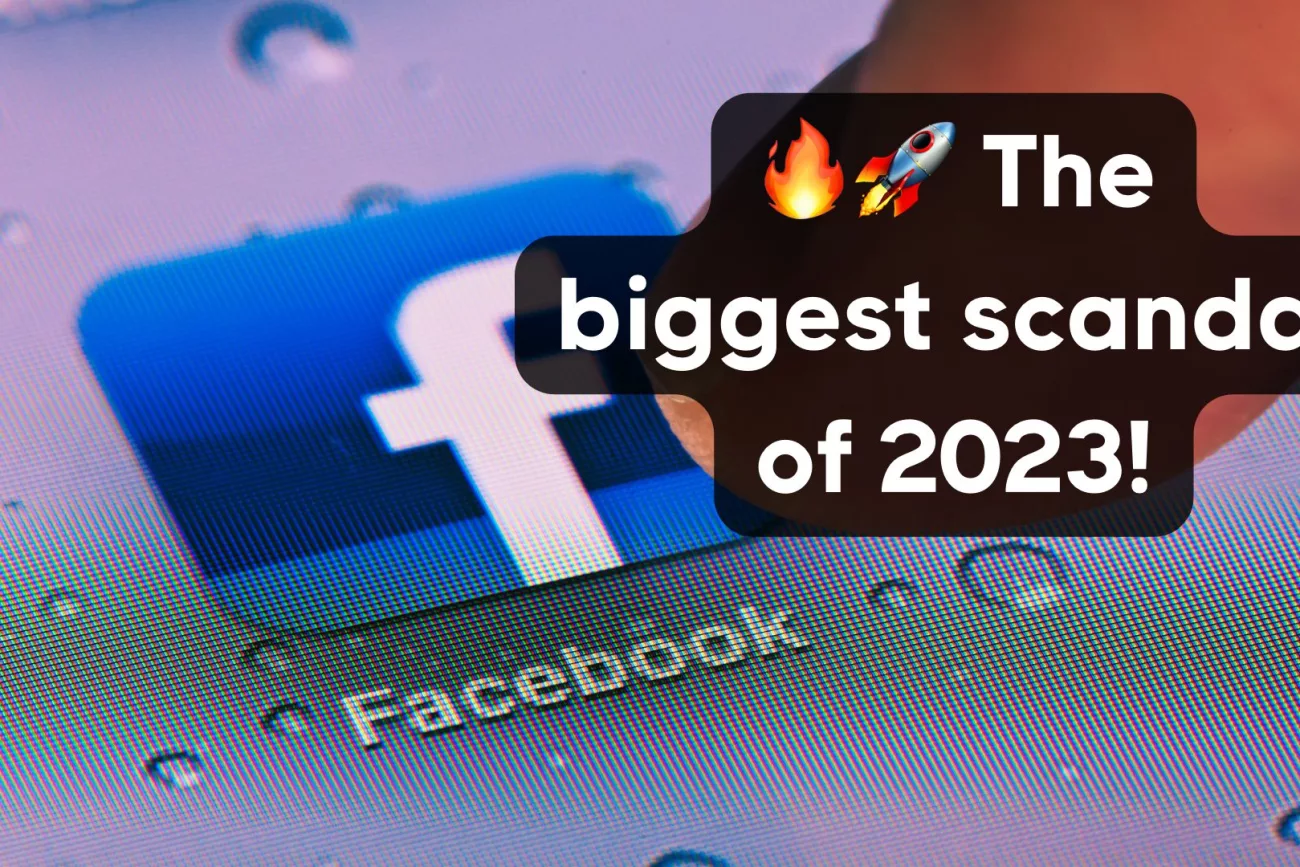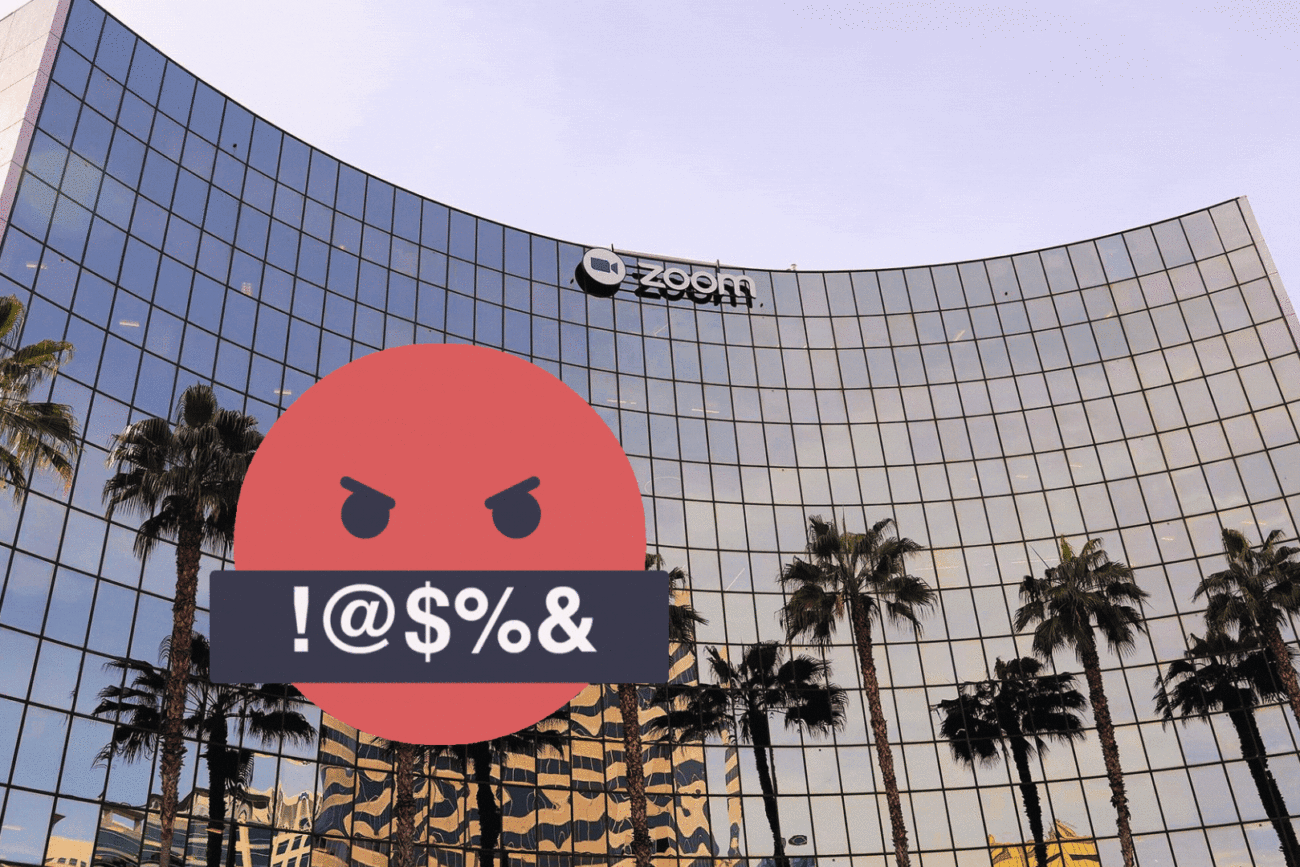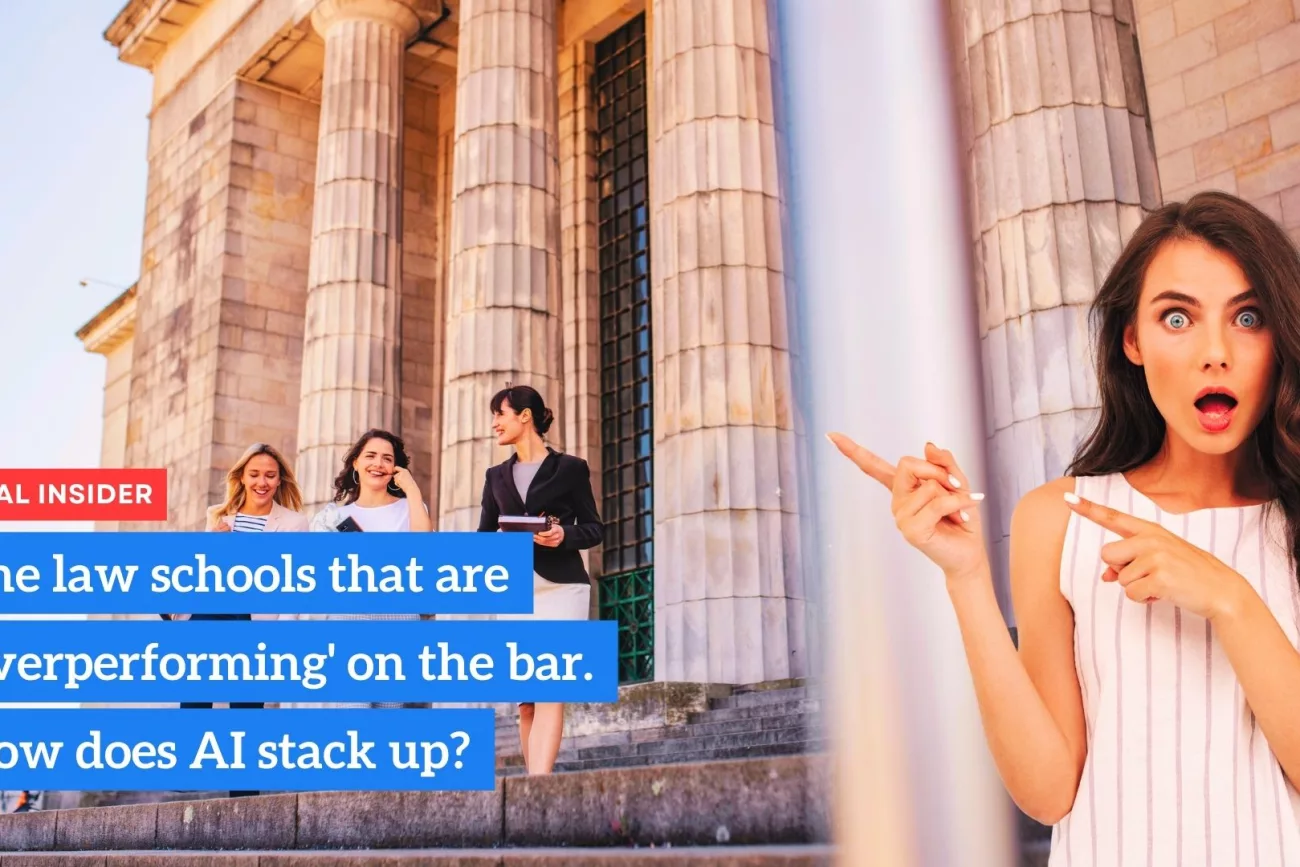
Key Points:
- Meta Platforms Inc., previously known as Facebook, has been fined $1.3 billion for a serious violation of user privacy, making this the largest penalty ever imposed for a privacy breach.
- The incident has highlighted the blurred line between profit and privacy in the data economy, as well as the ‘privacy paradox’ where users’ concerns about privacy do not align with their behavior.
- The scandal may prompt a shift in business practices towards more transparency in data usage, stricter privacy laws by regulatory bodies, and increased vigilance by users about their digital privacy.
- This fine and the surrounding scandal may serve as a turning point in the history of digital privacy, emphasizing the need for tech giants to prioritize user trust and adhere to regulatory standards.
In a sensational turn of events, Meta Platforms Inc., the tech titan formerly known as Facebook, finds itself entangled in a scandal that could reshape the landscape of digital privacy. The magnitude of the fine, a staggering $1.3 billion, points to the severity of the situation.
The Root of the Problem: Breaching User Privacy
The allegations against Meta are centered around a gross violation of user privacy:
- Data Misuse: Reports indicate that Meta misused user data for targeted advertising without explicit consent.
- Policy Violation: Allegedly, Meta has violated the General Data Protection Regulation (GDPR), thereby breaching user trust.
A prime example of such misuse is the infamous Cambridge Analytica scandal of 2018, in which the data of millions of Facebook users was harvested for political advertising without consent (Source).
The Aftermath: A Record $1.3 Billion Fine
This unprecedented fine imposed on Meta has significant implications:
- Financial Impact: The immediate effect is, of course, financial. The penalty cuts deeply into Meta’s profits.
- Reputation Damage: The larger and more damaging impact, however, could be on Meta’s reputation. Trust is a vital currency in the tech world, and this incident significantly undermines that trust.
An apt comparison is the notorious Microsoft anti-trust case of 2001, which sparked a broader debate on market monopoly, leading to a $4 billion fine (Source).
State-Level Reactions in the US
In the wake of this scandal, reactions across the US vary. California, with its stringent privacy laws, has championed further investigations into Meta’s practices. On the contrary, Texas, home to a growing tech industry, voices concerns about stifling innovation with excessive regulation.
A Call to Arms for the Tech Industry
Meta’s privacy debacle serves as a glaring wake-up call for the tech industry. Businesses must remember that maintaining user privacy is paramount for success in the digital realm. Historical incidents like the Yahoo data breaches from 2013 to 2014, which compromised nearly 3 billion users’ personal data, underline the significance of privacy (Source).
The path ahead for Meta is filled with uncertainty. Will they manage to regain user trust, or will they witness an exodus of users to more secure platforms? The tech giants like Google and Amazon will be watching this saga closely, as it serves as a stark reminder that no company is above the law, and there are severe consequences for violating user privacy.
This event could also prove to be a catalyst for stricter regulations in the future. Lawmakers worldwide may feel compelled to introduce stricter data protection laws, thereby transforming how businesses handle user data. From the user perspective, the implications are significant. Trust, once lost, is challenging to regain. This incident may prompt users to become more discerning about their digital footprint, choosing platforms that prioritize user privacy.
The Fine Line Between Profit and Privacy
One of the fundamental issues underlying Meta’s predicament is the blurry line between profit and privacy. In the ‘data economy’ that fuels tech giants, these companies primarily profit from monetizing user data for targeted advertising. However, at what point does data collection and usage become invasive? The saga of Meta has thrown these questions into stark relief.
The Privacy Paradox
Interestingly, while users express concerns over privacy, their behavior often contradicts these claims, with many continuing to use platforms known to misuse data. This discrepancy, known as the ‘privacy paradox,’ adds a complex layer to the issue. However, with Meta’s $1.3 billion fine, users may be more inclined to take action on their privacy concerns.
Regulatory Bodies: Guardians of Privacy
The tech industry has historically been a largely unregulated domain. However, the privacy breaches by corporations like Meta have prompted regulatory bodies to step up, enforcing stricter laws to protect user data.
GDPR: The Gold Standard
The General Data Protection Regulation (GDPR), enforced by the European Union, represents the highest standard of data protection laws. The regulation mandates that companies must explicitly obtain user consent to collect data and inform them of how it will be used.
Meta’s alleged violation of these regulations forms the basis of the $1.3 billion fine. The incident marks the largest fine ever imposed under GDPR, emphasizing the seriousness with which regulatory bodies are now viewing privacy breaches.
The Future of Digital Privacy
Looking forward, the implications of Meta’s privacy breach are likely to reverberate throughout the tech industry. The incident could reshape the way businesses handle user data, redefine regulatory standards, and influence user behavior towards digital privacy.
Changes in Business Practices
In the aftermath of this incident, businesses may reassess their data collection and usage practices. Companies may opt for more transparent data practices to avoid regulatory penalties and maintain user trust.
Evolution of Regulatory Standards
This event could spur regulatory bodies worldwide to strengthen data protection laws. Meta’s hefty fine sends a powerful message about the severe consequences of violating user privacy.
For instance, in the US, it may prompt the adoption of federal privacy laws that mirror the stringent standards of the EU’s GDPR. This would mark a significant shift in the US regulatory landscape, which currently sees a patchwork of state-level privacy laws.
User Advocacy for Digital Privacy
From a user perspective, the Meta scandal could serve as a catalyst for increased vigilance about digital privacy. We may see more users demanding clarity about how their data is used, adopting tools to protect their data, and opting for platforms that prioritize privacy.
Conclusion: A Defining Moment in Digital Privacy
The $1.3 billion fine on Meta could very well mark a turning point in the discourse on digital privacy. It brings to the forefront the urgent need for tech giants to prioritize user trust and the importance of stringent regulatory oversight.
This incident serves as a stark reminder of the pitfalls of breaching user trust, the repercussions of regulatory violations, and the potential for an industry-wide shift towards respecting digital privacy.














